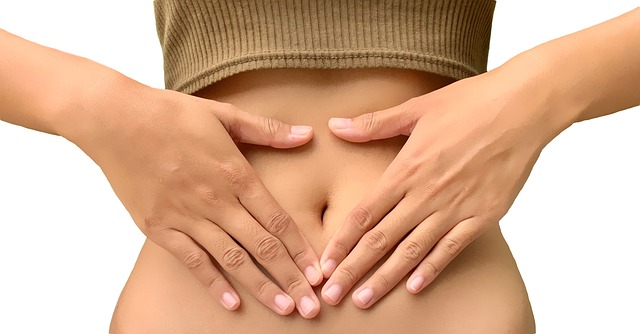Many people experience digestive issues, but not everyone realizes that gut leakage symptoms may be at the root of their discomfort. Gut leakage, also known as leaky gut syndrome, is a condition where the lining of the intestines becomes damaged and allows substances that would normally stay in the gut, such as bacteria and toxins, to leak into the bloodstream. This can cause a wide range of symptoms that can be difficult to identify and treat. In this article, we will explore the basics of gut leakage symptoms and what you can do to manage them.
Common Symptoms of Gut Leakage
Gut leakage symptoms can vary widely, and some people may not experience any symptoms at all. However, common symptoms may include:
- Gas, bloating, and abdominal pain
- Food sensitivities or allergies
- Skin rashes or acne
- Fatigue, brain fog, or difficulty concentrating
- Joint pain or muscle aches
- Headaches or migraines
- Depression or anxiety
These symptoms may appear to be unrelated, which can make gut leakage difficult to diagnose. However, if you experience these symptoms on a regular basis, it’s worth considering whether gut leakage could be the cause.
What Causes Gut Leakage?
There are many factors that can contribute to gut leakage, including:
- Diet: A diet high in processed foods, sugar, and unhealthy fats can damage the gut lining over time.
- Stress: Chronic stress can weaken the immune system and contribute to inflammation, which can lead to gut leakage.
- Medications: Certain medications, such as antibiotics and NSAIDs, can damage the gut lining and contribute to gut leakage.
- Infections: Certain infections, such as Candida overgrowth, can damage the gut lining and contribute to gut leakage.
- Genetics: Some people may be more predisposed to gut leakage due to genetic factors.
Managing Gut Leakage Symptoms
Fortunately, there are many steps you can take to manage gut leakage symptoms and heal your gut. Here are some tips to get you started:
Change Your Diet
The first step in managing gut leakage symptoms is to change your diet. Focus on whole, unprocessed foods that are nutrient-dense and easy to digest. This may include fresh fruits and vegetables, lean proteins, and healthy fats such as olive oil, avocados, and nuts. You may also want to consider eliminating common triggers such as gluten, dairy, and soy.
Reduce Stress
Reducing stress is another important step in managing gut leakage symptoms. This may include practices such as meditation, deep breathing, yoga, or other relaxation techniques. It may also be helpful to take steps to reduce your overall stress levels, such as delegating tasks, taking time off work, or practicing self-care.
Repair Your Gut Lining
There are many supplements and herbs that can help repair the gut lining and reduce inflammation. These may include probiotics, digestive enzymes, glutamine, zinc, vitamin D, and omega-3 fatty acids. It’s important to work with a healthcare provider to determine which supplements are right for you and in what dosages.
Treat Underlying Infections
If you have an underlying infection such as Candida overgrowth, it’s important to treat it in order to heal your gut. This may involve using antifungal or antibacterial medications, or taking natural remedies such as oregano oil, garlic, or pau d’arco.
Seek Professional Support
If you are struggling with gut leakage symptoms, it’s important to seek professional support. This may include working with a functional medicine practitioner or a holistic nutritionist who can help you identify the root causes of your symptoms and create a personalized plan to manage them.
In Conclusion
Gut leakage symptoms can be uncomfortable, confusing, and difficult to diagnose. However, by making changes to your diet, reducing stress, repairing your gut lining, treating underlying infections, and seeking professional support, you can manage your symptoms and heal your gut over time. Remember to be patient and persistent, as it may take some time to see results. However, with the right approach, you can enjoy a healthier digestive system and a happier, healthier life.
